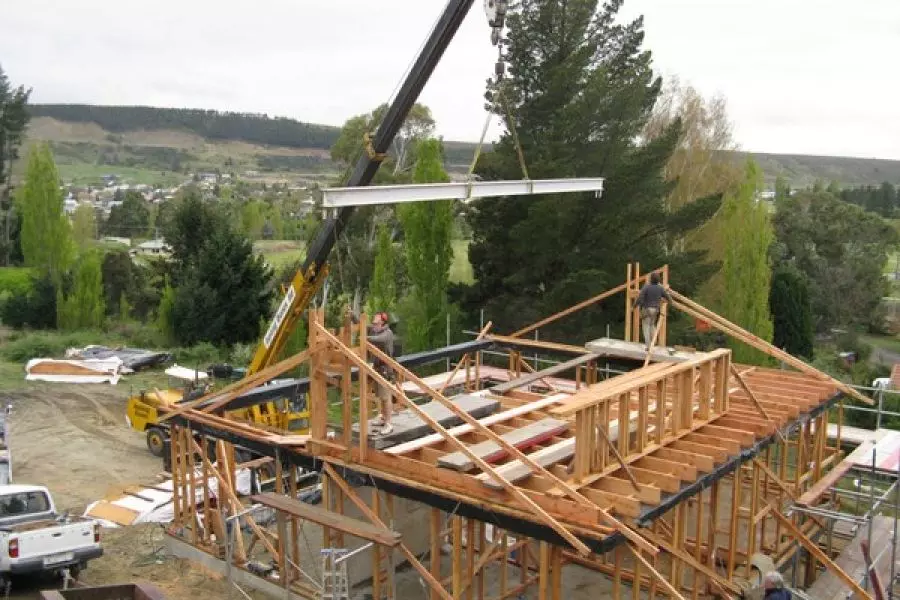News
Townhouse consents surge

Wednesday 30th of May 2018
New dwelling consents nationwide fell by 3.7% to 2,729 in April as compared to 2,926 in March which saw a 13% increase, according to Statistics NZ.
However, April’s consent total was by 29.6% on the total issued in April last year.
Further, 32,015 new dwellings were consented nationally in the year ending April 2018. This was a 5.4% year-on-year increase and is the highest...
Want to read the full article?
Click the button below to subscribe and will have unlimited access to full article and all other articles on the site.






![[The Wrap] Bye Bye Bayly](https://goodreturns.publit.io/file/c_fill,w_900,h_600/39f23ac1-f7c7-4854-b700-a150004ebbac.webp)


